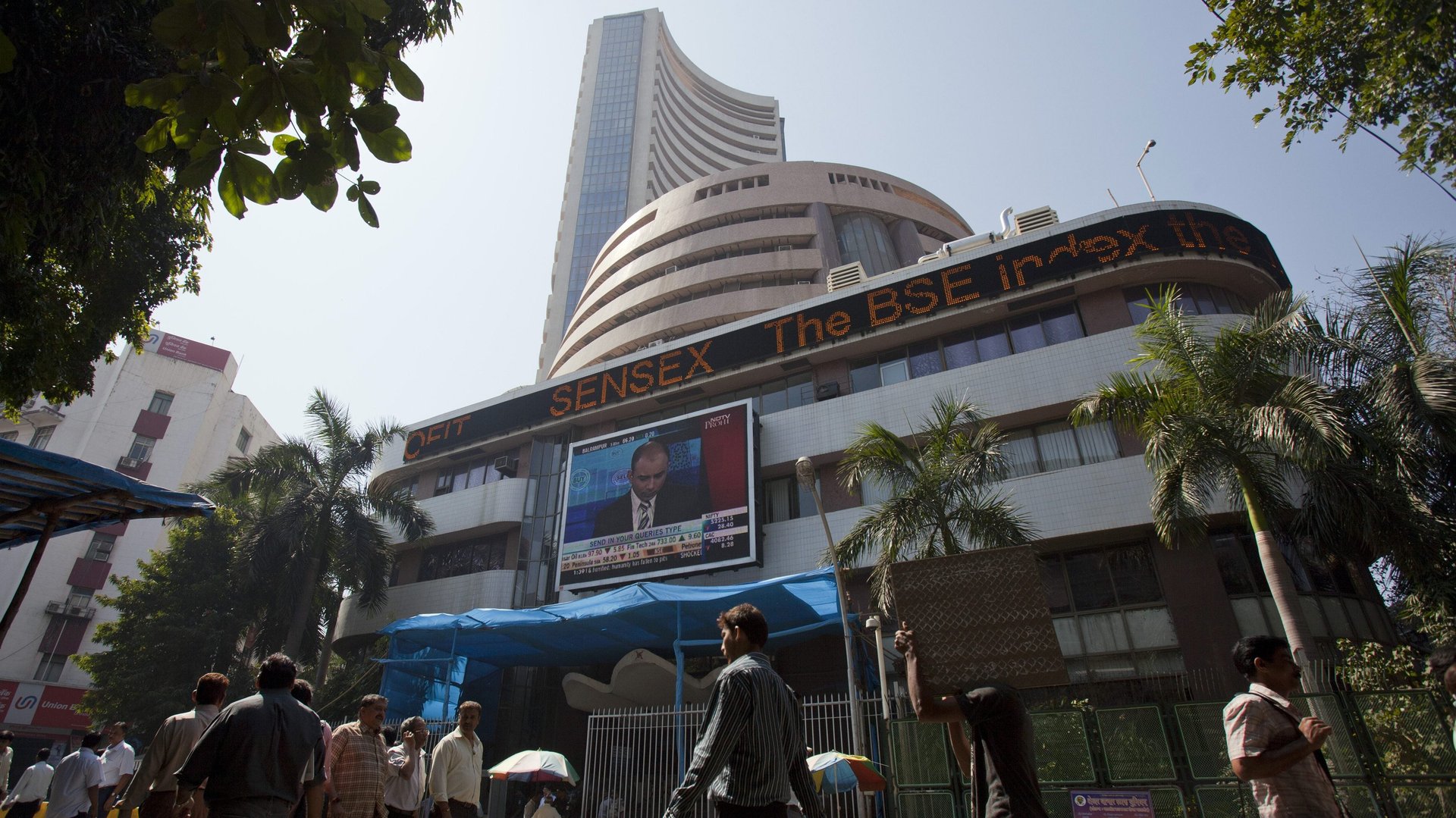Why the Nykaa IPO fared better than the Paytm IPO
Founded in 2010, Paytm is one India’s earliest startup success stories. After attracting several marquee investors globally, from Berkshire Hathaway to Softbank, in 2016, the digital payments company received a boost after India suddenly took 500 and 1000 rupee bills out of circulation. For a while, it was the clear winner in the Indian digital money market.


Founded in 2010, Paytm is one India’s earliest startup success stories. After attracting several marquee investors globally, from Berkshire Hathaway to Softbank, in 2016, the digital payments company received a boost after India suddenly took 500 and 1000 rupee bills out of circulation. For a while, it was the clear winner in the Indian digital money market.
It had all the makings of a blockbuster public debut but the response to its $2.5 billion IPO this month has been muted. The shares for One97 Communications—Paytm’s parent company—were oversubscribed by only 1.89 times. In contrast, beauty e-tailer Nykaa’s IPO earlier this month received 82 times more applications than the available shares on offer.
Why didn’t the Paytm IPO pop like Nykaa?
It’s important to acknowledge the size of the two public offers varied drastically. Nykaa was looking to raise around $700 million, meaning Paytm’s IPO was at least three times bigger. In fact, Paytm’s is the biggest IPO in India ever. So it wouldn’t have matched Nykaa’s surge. But even then, the response was tepid, at best.
The decade-old startup perhaps waited a little too long to list, and failed to live up to the hype.
Market share
Nykaa is at the top of its game. None of its direct competitors come close to its size and they’re nowhere near stock market debuts. Rival Purplle’s IPO, for instance, is still four years away.
Paytm, meanwhile, has struggled with stiff competition, especially after India launched the Unified Payments Interface (UPI) in 2016, allowing users to send and receive money to and from different banks with one unique ID. Several international bigshots like Google and WhatsApp have made successful digital payment plays. Walmart-owned Flipkart’s PhonePe is also eating into the pie.
Outside of payments, Paytm has diversified into financial services (insurance, wealth management, digital gold), travel and movie ticketing, fantasy sports, and e-commerce. It even launched a payments bank (a bank operating on a smaller scale without involving any credit risk). But these attempts to generate more revenue streams have not had the desired effect. Instead, the startup has spread itself too thin.
Profitability
In 2019, founder and CEO Vijay Shekhar Sharma said Paytm would not go public until it became profitable. But when it filed its pre-IPO document, it warned that it may not “achieve or maintain” profitability in the future.
Paytm reduced its losses by almost 40% to Rs1,596 crore ($215 million) in fiscal year 2020-21 versus a year ago, but its still nowhere close to being in the black.
Moreover, while its losses are shrinking, so is Paytm’s revenue. In FY21, it fell by 11% to around Rs3,187 crore.
Nykaa, whose founder Falguni Nayar had also said she would not take the company public until it turned a profit, is profitable—and has been for three years now. Furthermore, its revenue from operations grew 38% year-on-year to Rs2,441 crore in the last fiscal year.
Star power
Recently, Paytm has started cutting down on marketing costs but for years, it splurged big bucks. The online business burned cash releasing campaigns across TV, print, radio and social media for its app. Last year, it also roped in cricketing legend Sachin Tendulkar as an ambassador for its fantasy sports offering, Paytm First Games.
Nykaa, which sticks to only digital marketing, harnessed the power of the internet better. It has about 1,300 influencers creating videos, promoting its products, and educating viewers. They reach the exact target audience Nykaa wants to acquire and retain as customers—all that, at a low cost to the company.
Plus, the beauty e-tailer has some Bollywood celebrity clout of its own to flaunt: Actors Alia Bhatt, Janhvi Kapoor, and Katrina Kaif have invested in the company, signed on as a brand ambassdor, and launched an exclusive brand on Nykaa respectively.